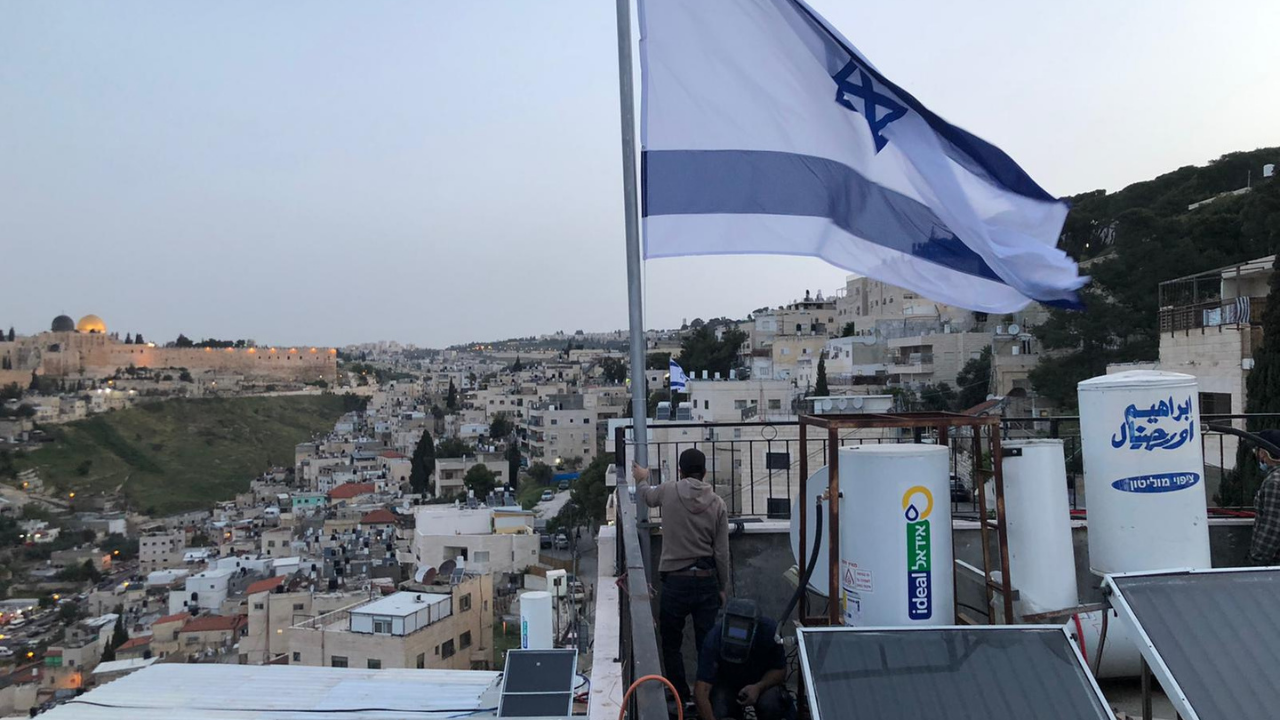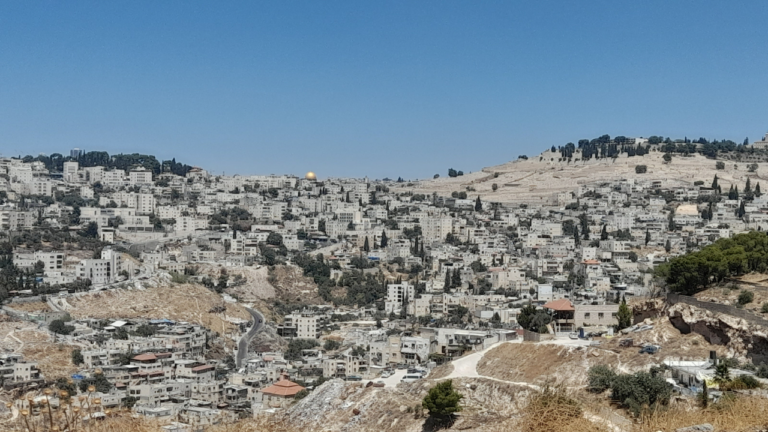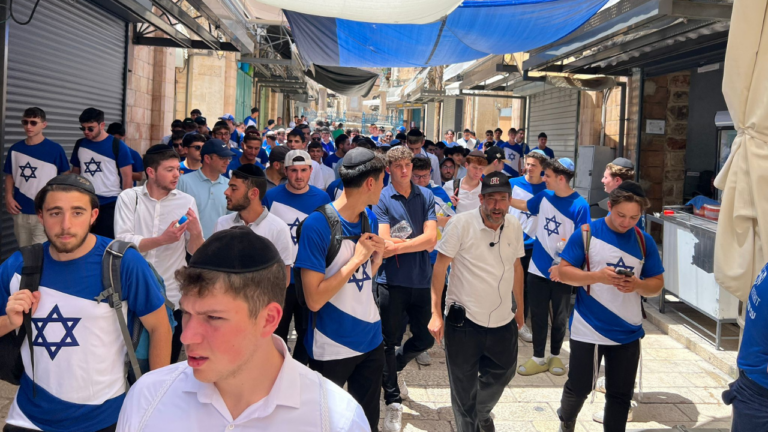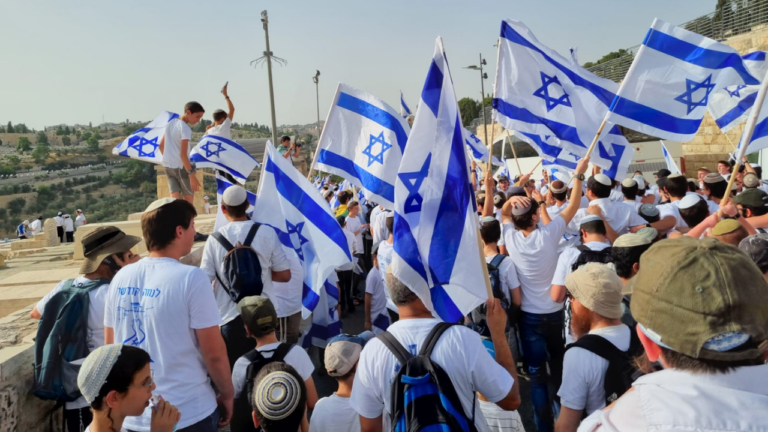Creating Context by Remembering Jerusalem
Towards the end of our parsha, nestled between the mitzvah of Orlah and the prohibition against forms of witchcraft is an enigmatic phrase: “You shall not eat over the blood.” Ramban explains that on a literal level the verse relates to the practice of idolatrous priests who would eat blood during their magical rites. However, the Oral Torah revealed several other layers of meaning, one of which is: “You may not eat before you pray for your blood.” In other words, it is forbidden to eat before prayer.
One rationale for this prohibition relates to the way we are supposed to view our own bodily existence. The Torah is not life-denying nor rejects the value of the body and its enjoyment. There is no need to despise or be disgusted with one’s body nor is there a mitzvah to abstain from pleasurable foods. On the contrary, the Torah explicitly allows us to eat good food and enjoy this world. However, the crucial point is that this form of life-affirmation and bodily engagement must be done within a specific framework. It must occur after prayer.
When one prays for “one’s blood” one affirms the fact that God ultimately owns us – body and soul. We are totally dependent upon him and have no independent claim to existence. Once one comes to this realization through prayer, it is then permitted to engage in eating and drinking. However, before prayers when a person might think of themselves as being autonomous and independent, one then has no right to engage with this world. Prayer, then, creates the mental framework that everything is God’s and it is only then that He permits the person to engage one’s body and the physicality of this world.
A similar theme appears regarding our personal joys and the city of Yerushalayim. The Shulchan Aruch records that at a wedding one is supposed to break a glass or put ashes on the forehead of the groom in order to remember Yerushalayim. On one level, this can be understood as a means of minimizing the joy that one experiences at the wedding. But perhaps in addition to that, the remembering of Yerushalayim is a form of “matir” or a mechanism that permits us to celebrate the wedding in a joyous manner.
From a certain perspective there is no room for personal joy nowadays. The Beit HaMikdash is destroyed, Yerushalayim is not the throne of God in a revealed manner, and we live in a tragic and flawed exilic reality. What room is there for joy in this context? This would seemingly undermine the basis for celebrating a wedding.
However, once one remembers Yerushalayim, he is connecting his personal joy to the larger story of the Jewish people and the world as a whole. No longer is the personal joy an affront to the national sorrow, but the wedding celebration becomes part of the renewal and rebuilding. It is when one creates the framework of connection to redemption that it is permitted to take joy in one’s personal story. Remembering Yerushalayim transforms the wedding from a narrow and local celebration to part of the great story of the redemption of the world.



